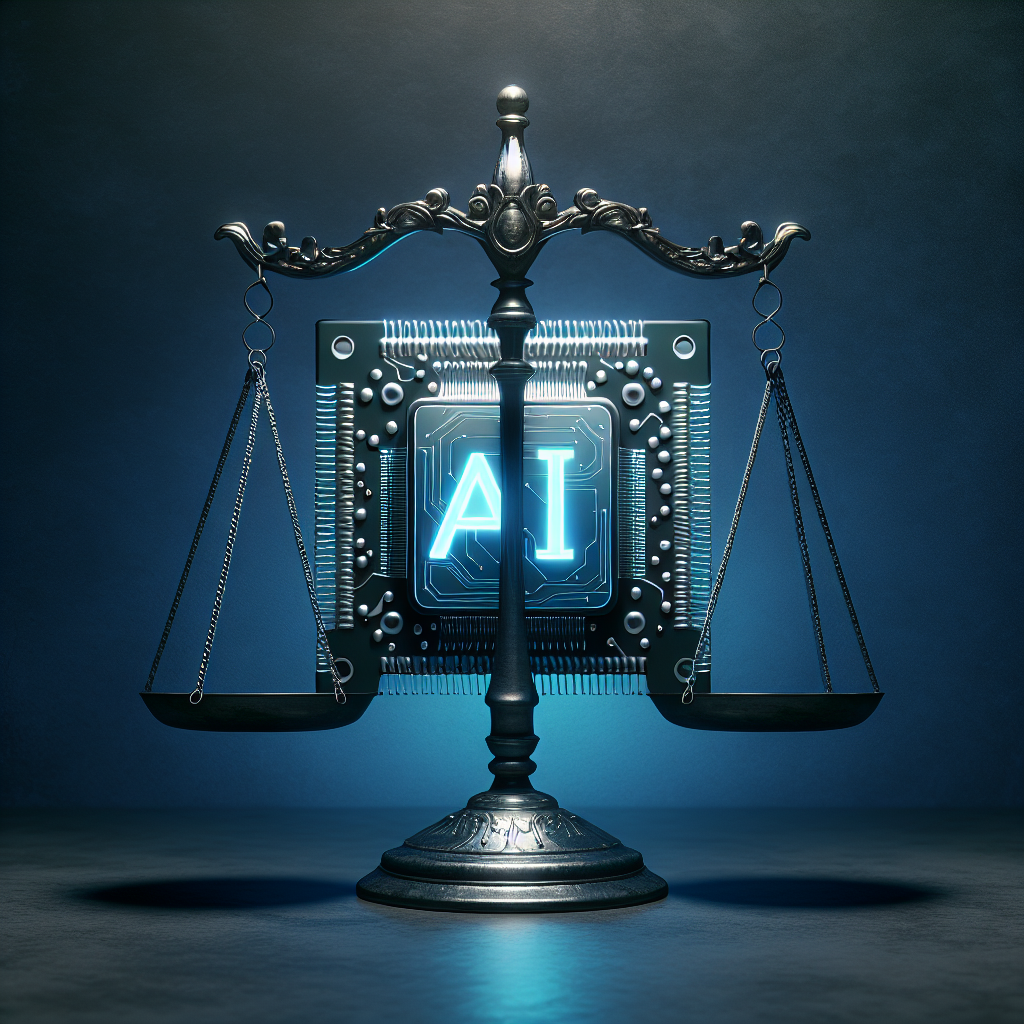Artificial intelligence (AI) has revolutionized many industries, and the legal field is no exception. In recent years, AI has begun to play a crucial role in modern legal practice, helping lawyers and legal professionals streamline their work, improve efficiency, and provide better services to their clients. In this article, we will explore the various ways in which AI is being used in the legal industry and the benefits it brings to both legal professionals and their clients.
One of the key areas where AI is making a significant impact in the legal field is in legal research. Traditionally, legal research involved hours of sifting through case law, statutes, and other legal documents to find relevant information. However, with the help of AI-powered legal research tools, lawyers can now quickly and efficiently find the information they need to support their cases. These tools use natural language processing and machine learning algorithms to analyze vast amounts of legal data and provide lawyers with relevant insights and recommendations.
Another important application of AI in modern legal practice is in contract analysis. AI-powered contract analysis tools can quickly review and analyze large volumes of contracts to identify key clauses, potential risks, and compliance issues. This not only saves lawyers time and effort but also helps them ensure that their clients’ contracts are legally sound and in compliance with regulations.
AI is also being used in legal prediction and analytics. By analyzing historical case data and outcomes, AI algorithms can help lawyers predict the likely outcome of a case, assess the strength of legal arguments, and identify potential risks. This allows lawyers to make more informed decisions and develop better strategies for their cases.
In addition to these applications, AI is also being used in legal document automation, e-discovery, and even in virtual legal assistants that can help lawyers with scheduling, research, and other administrative tasks. Overall, AI is transforming the legal industry by making legal services more efficient, accurate, and accessible.
Benefits of AI in Modern Legal Practice
There are several key benefits of using AI in modern legal practice:
1. Increased Efficiency: AI-powered tools can automate repetitive tasks, such as legal research and document review, saving lawyers time and allowing them to focus on more strategic and high-value work.
2. Improved Accuracy: AI algorithms can analyze vast amounts of data quickly and accurately, reducing the risk of human error and improving the quality of legal work.
3. Cost Savings: By automating routine tasks and streamlining workflows, AI can help law firms reduce costs and improve their bottom line.
4. Enhanced Client Service: By leveraging AI tools, lawyers can provide faster, more accurate, and more personalized legal services to their clients, enhancing the overall client experience.
5. Better Decision Making: AI-powered analytics can help lawyers make more informed decisions, predict case outcomes, and develop better legal strategies.
FAQs about AI in Legal Practice
Q: Is AI replacing lawyers in the legal industry?
A: While AI is automating certain tasks in the legal industry, such as legal research and document review, it is not replacing lawyers. AI is a tool that can help lawyers work more efficiently and provide better services to their clients. Lawyers still play a crucial role in interpreting legal information, developing strategies, and representing clients in court.
Q: Are AI-powered legal tools secure and compliant with regulations?
A: Yes, AI-powered legal tools are designed to be secure and compliant with legal regulations, such as data privacy laws. Law firms should ensure that they use reputable AI vendors who prioritize data security and compliance.
Q: How can lawyers incorporate AI into their practice?
A: Lawyers can incorporate AI into their practice by investing in AI-powered legal tools, such as legal research platforms, contract analysis software, and predictive analytics tools. They can also attend training programs to learn how to use AI effectively in their practice.
Q: Will AI replace paralegals and legal assistants?
A: AI is automating certain tasks traditionally performed by paralegals and legal assistants, such as document review and research. However, paralegals and legal assistants still play an important role in the legal industry, and their skills are complementary to AI tools.
In conclusion, AI is transforming the legal industry by improving efficiency, accuracy, and client service. By leveraging AI-powered tools and technologies, lawyers can work more effectively, make better decisions, and provide higher-quality legal services to their clients. While AI is not replacing lawyers, it is enhancing their capabilities and changing the way legal services are delivered. As AI continues to evolve, it will undoubtedly play an increasingly important role in modern legal practice.

